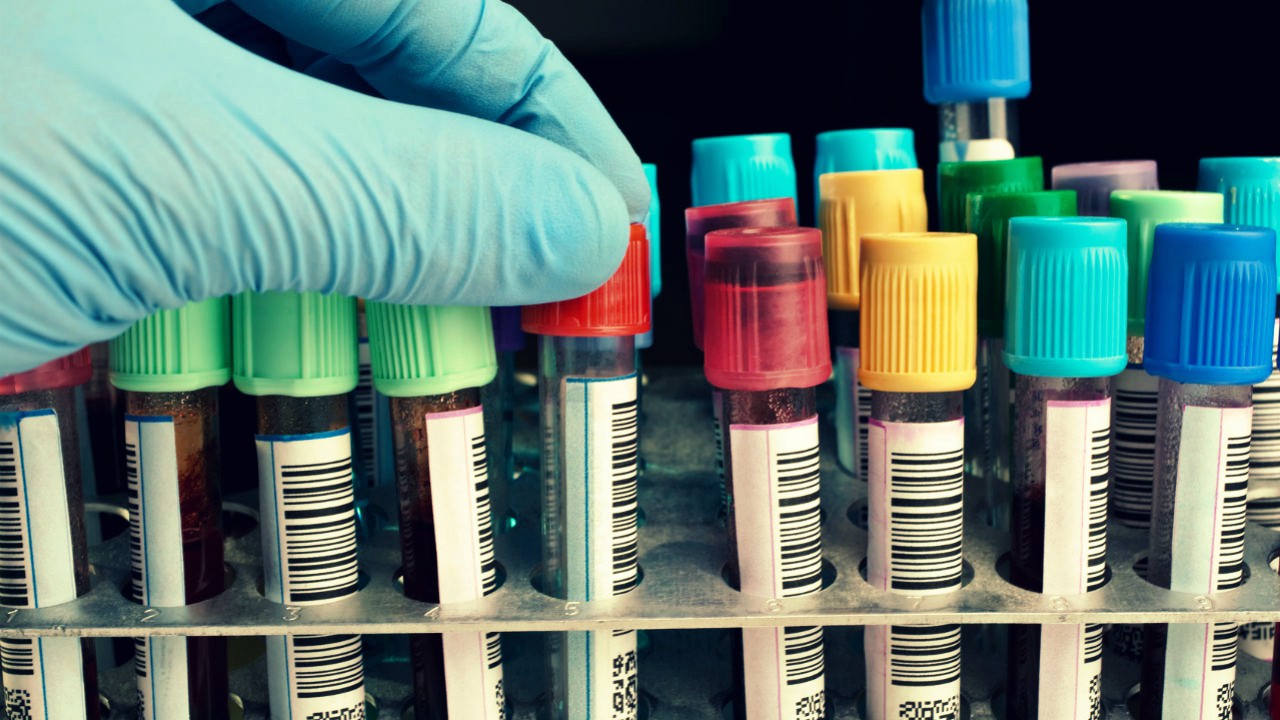Today, there is a lot of focus on lowering your “bad” LDL cholesterol (low-density lipoprotein) levels. With all the emphasis on lowering your LDL cholesterol, it’s easy to forget that you also need to pay attention to your “good” HDL cholesterol (high-density lipoprotein) and ensure that it isn’t too low.
Why should you care about your HDL cholesterol levels? Good question! Imagine that your HDL cholesterol is the maid going through your arteries sweeping up the bad LDL cholesterol. It then takes the “trash” out and disposes of it in your liver. The more HDL cholesterol you have, the better off you are since it serves to keep the LDL cholesterol under control. If you don’t have enough HDL cholesterol, then your LDL cholesterol may well be too high.
Most of us are familiar with statin drugs for lowering LDL cholesterol, but, what do you do if you need more of the good stuff – the HDL cholesterol? Enter Niacin! Niacin (nicotinic acid) isn’t a drug – it’s a B3 vitamin. Found in most multi-vitamins, Niacin benefits your body in numerous ways. It helps your body turn carbohydrates into fuel. It’s also known to promote a healthy nervous and digestive system and to be beneficial to your skin, hair and eyes. Some studies indicated that Niacin can raise your HDL cholesterol between 15 and 35 percent. When used in conjunction with a statin drug, it’s been known to increase your HDL cholesterol by as much as 50 percent. In addition, it also lowers your LDL cholesterol and triglycerides (which also helps to lower your risk of heart disease). The HATS trial found that when added to a statin, Niacin reduced the risk of heart disease by 90%!
Niacin is available in many forms – as a part of a multi-vitamin, a nutritional supplement (generally labeled simply “niacin”), and in prescription form (Niaspan, Niacor, Slo-Niacin). Generally, a prescription form is going to be in a higher dosage than is found in over-the-counter versions of Niacin. Niacin is also found in many different types of food, including, dairy, lean meat, fish, eggs, nuts, poultry and enriched bread/cereals. If you are eating a well-balanced diet, then you are probably consuming enough Niacin on a daily basis.
Niacin has relatively few side effects. Depending on the dosage, you might experience flushing, which is easily controlled by taking aspirin. According to the Mayo Clinic, other side effects may include such things as “upset stomach, headache, dizziness, liver damage, increased blood sugar.” In rare cases, liver damage has been reported. Niacin usage should be managed with your doctor to ensure that there are no counteractions with other medications which you may be taking.
So, is your HDL cholesterol too low? Does it need a little boost? If so, then have the “Niacin” discussion with your doctor!
Until next time, here’s wishing you a healthy heart.
(Disclaimer: I am not a physician and nothing in this article should be construed as giving medical advice. As with any medical decision, please consult your physician.)
Note: For more information on heart health related issues, please visit other “A Woman’s Heart” articles by this author.
Sources
High Blood Cholesterol: Niacin to boost your HDL, ‘good,’ cholesterol, The Mayo Clinic, http://www.mayoclinic.com/health/niacin/CL00036
Davis, William D, Niacin: Myths and Facts, Health Central, 17 Dec 2007, http://www.healthcentral.com/cholesterol/c/7986/17940/myths-facts/






Add a CommentComments
There are no comments yet. Be the first one and get the conversation started!